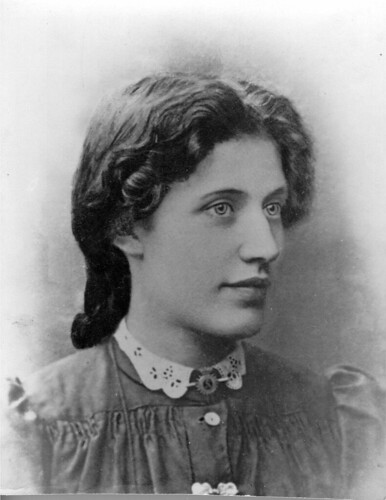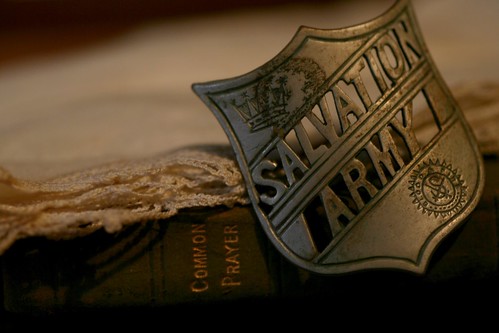We are all the resurrection
Well, in all the anger over some scholars and scientists stating that there is a high likelihood that they have found the body of Yeshua and his family, I am called to think of what it might mean if it is indeed true.
The central core of Yeshua's ministry was that we were to feed each other, both literally and figuratively. One finds this from the start of his ministry with the woman at the well, to the miracle of the fishes, the surmon on the mount, to his last supper when he says do this (eat together feed each other) in memory of me. For me, it means the most believably accurate resurrection story, the one free of mything, is the one where the disciples are fed by a stranger on the beach and it hits them ... he is risen.
In this it means, we are all the resurrection when we feed each other body and soul. In the same light we are the risen Martin King when we stand for the rights of each other, the risen Martin King and the risen Yeshua, feeding each other's soul. We are the risen John F. Kennedy when we turn from war towards peace, the risen Kennedy and the risen Yeshua, feeding each other's souls. We are the risen Mother Teresa, when we tend to the forgotten sick, the risen Mother Teresa and the risen Yeshua feeding each other's bodies and souls.
In finding a body, his body, we strip away the idol, which we so easily place the burden of our faith upon. We cannot have a physical idol to bear our sins, and our virtues. We must repent - turn around and look at our actions and life, in order to atone - to mitigate the damage from our simply being and consuming, and forgive - forgive those who cannot atone for that which they must take to live. The responsibility for living the teachings of Yeshua falls upon our shoulders to be the risen Christ.



